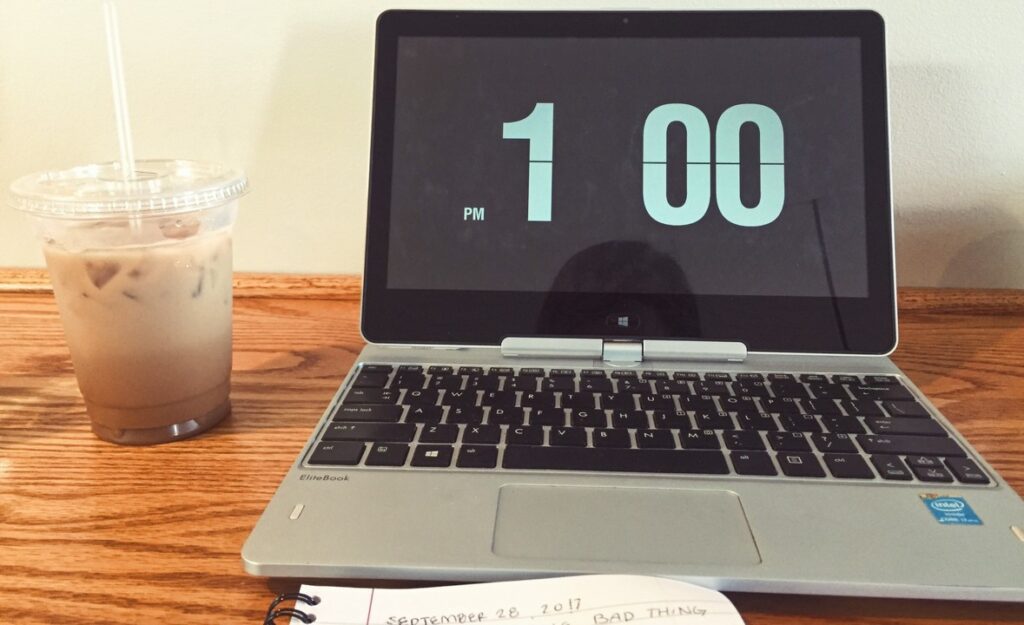In Europe, leisure is more than just free time it is a cultural philosophy that emphasizes living well rather than living fast. From the bustling streets of Paris to the serene countryside of Tuscany, Europeans have mastered the art of balancing work with pleasure, creating a lifestyle that many across the globe aspire to emulate.
One defining characteristic of European leisure is its focus on experiences rather than possessions. Instead of rushing through life in pursuit of material wealth, many Europeans prioritize activities that enrich the mind and soul. Whether it’s savoring a cup of coffee at a sidewalk café, attending a local art exhibit, or spending a lazy afternoon at a park, the emphasis is on quality interactions and meaningful moments.
This cultural approach is deeply rooted in tradition. Countries like France, Italy, and Spain have long embraced the concept of slow living, where meals are not hurried affairs but social events that can last for hours. In Italy, the evening passeggiata a gentle stroll through town is a daily ritual that fosters community and relaxation. Similarly, in Spain, the practice of taking a siesta, though less common today, reflects an enduring belief in rest and rejuvenation.
Europe’s shorter workweeks and generous vacation policies also contribute to this lifestyle. Many nations legally mandate at least four weeks of paid vacation annually, allowing people to travel, spend time with family, or simply unwind. Scandinavian countries, often ranked among the happiest in the world, prioritize work-life balance through flexible schedules and social support systems. The result is a culture where productivity is valued, but never at the expense of personal well-being.
Food and drink play an integral role in European leisure. Rather than viewing meals as quick necessities, Europeans treat dining as an experience to be enjoyed. Farmers’ markets, fresh produce, and regional specialties form the backbone of this culinary culture, reinforcing the importance of connection to the land, to traditions, and to one another.
Ultimately, the European art of leisure teaches us an important lesson: happiness does not come from constant hustle, but from savoring life’s simple pleasures. In a world driven by speed and efficiency, Europe stands as a reminder that slowing down is not a luxury it is a way to live fully.

